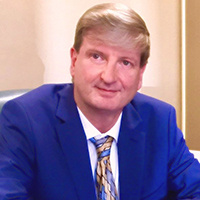Dellwood Felony Lawyer, Wisconsin
Not enough matches for Dellwood Felony lawyer.
Below are all Dellwood Criminal lawyers.
Peter C. Lloyd
✓ VERIFIEDDivorce & Family Law, Criminal, Traffic, Child Custody, Child Support
Attorney Peter Lloyd is an experienced lawyer practicing law in the Central Wisconsin area. He limits his practice to specific areas (family, criminal... (more)
Gregory J. Jerabek
Child Support, Divorce & Family Law, Criminal, Bankruptcy & Debt
Status: In Good Standing
Jeanne L. Zamzow
Bankruptcy & Debt, Criminal, Divorce & Family Law, Traffic
Status: In Good Standing Licensed: 17 Years
Kathryn Michelle McClain
Criminal, DUI-DWI, Felony, Misdemeanor
Status: In Good Standing Licensed: 14 Years
FREE CONSULTATION
CONTACTMark H. Bennett
Real Estate, International, Felony, Business
Status: In Good Standing Licensed: 38 Years
Stephen W. Sawyer
Felony, Misdemeanor, White Collar Crime
Status: In Good Standing Licensed: 28 Years
FREE CONSULTATION
CONTACTStefanie Patricia Wagner
Landlord-Tenant, Wills & Probate, Divorce & Family Law, DUI-DWI
Status: In Good Standing Licensed: 13 Years


